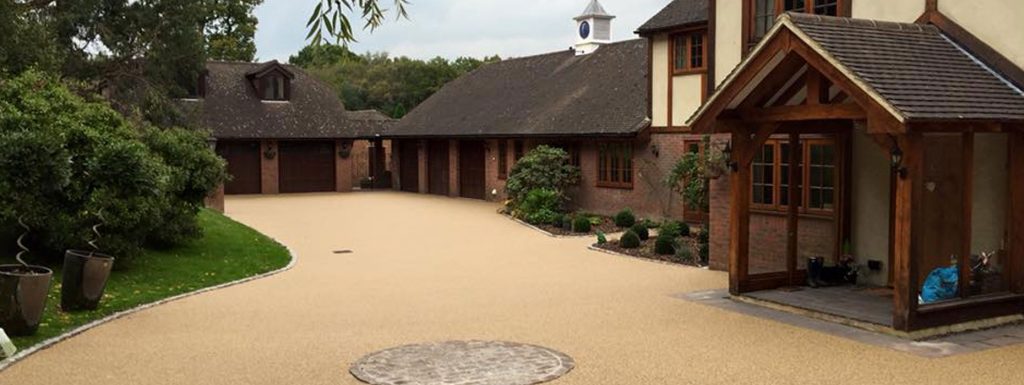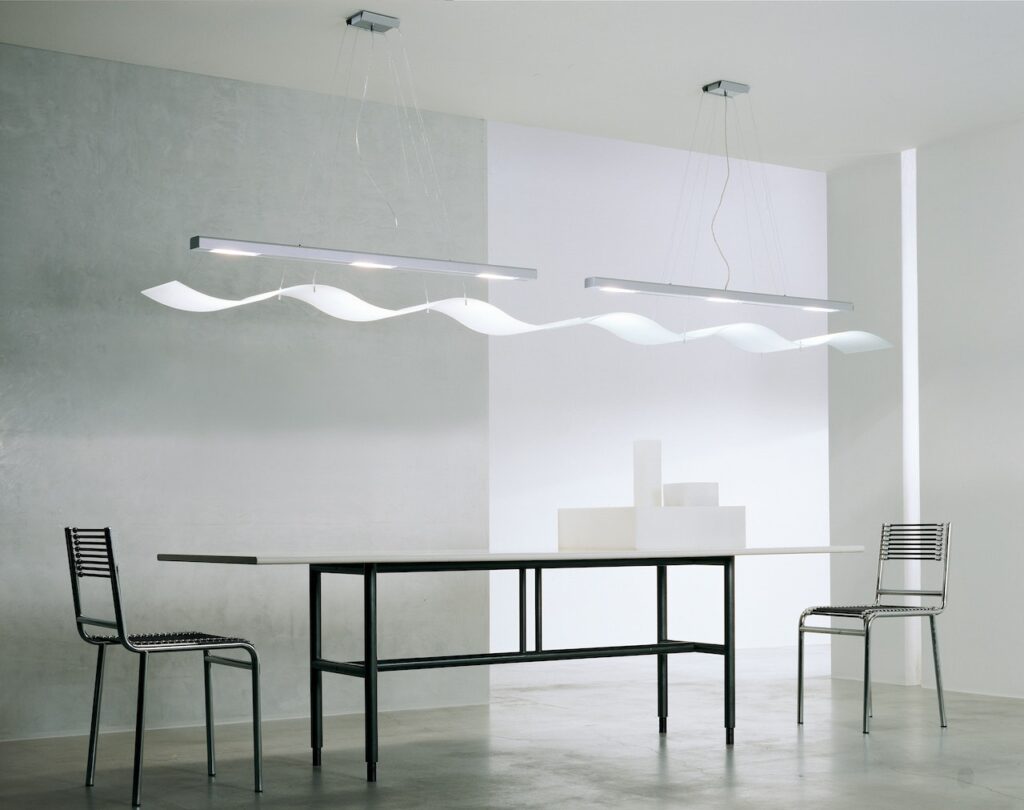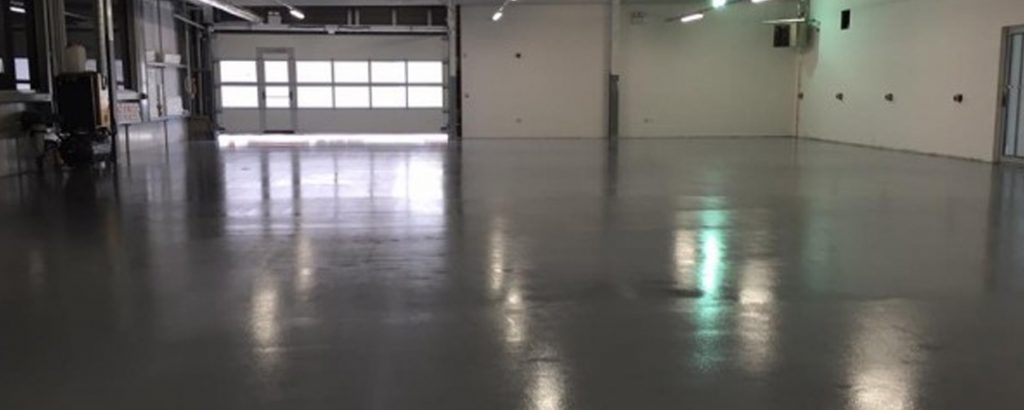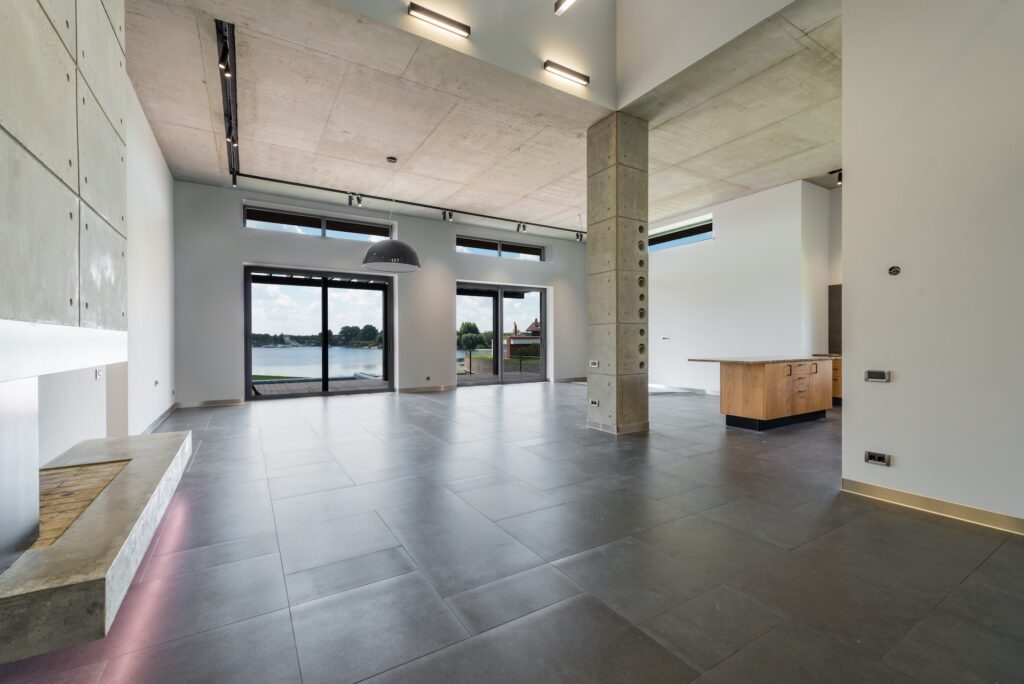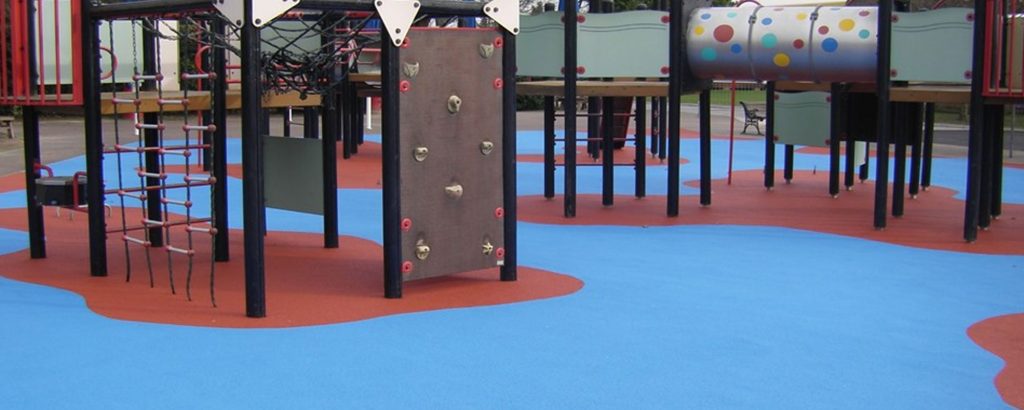So it’s that time, you finally decided to think about redoing the driveway – Maybe it’s been something you’ve thought of for a while, or perhaps its the first thing you’ve chosen to change after purchasing a new property. Whatever the reason, it is important to consider all the options available to you and to pick the one which will suit you best. We’ve listed the different types of driveway and the benefits of each one.
The importance of finding the right driveway material
Your driveway is a key part of presenting your home. It is the first thing you see on arrival at a property and for that reason alone, we understand that you will always want it looking its best. But what are the best materials to use in order to ensure it remains looking its best over time? The British weather can be unpredictable and here in the UK, we are no strangers to going from a scorching summer day to icy cold nights. This is why it’s important to keep in mind that the type of material you choose will need to be a suitable solution for all weather types.
We know that you’ll want to find the right balance between durability, cost, and style, and thankfully there are many ways to do that. When beginning your search, we would recommend setting out a budget and considering what preferences you may already have when it comes to aesthetics. Don’t panic if you still aren’t too sure on the look you would like to go for, have a read below of the eight most popular driveway materials used by the industry experts:
Concrete
Considered to be one of the better value for money options, using concrete is a sure way to relay your driveway at a much lower cost. Although this may not be considered as one of the most stylish options available, choosing a reputable company to lay this will leave you with a durable, long-lasting, and low maintenance driveway and you might even have a little extra money left over from your initial budget.
Decorative concrete (imprinted)
As mentioned, choosing concrete might not always tick the box in terms of what looks best. Which is why decorative concrete (or imprinted concrete) is a great alternative. With a lot of the same benefits as discussed above, decorative concrete can provide you with the ability to not only pick the colour but also to imprint a design of your choice onto it before setting.
However, one of the key things to bear in mind if you are leaning towards decorative concrete as an option is the cost factor. This is largely a much more expensive choice than laying regular concrete and could raise your budget by up to 50% more than what you would expect to pay using standard concrete.
Asphalt
Asphalt, which is also more commonly known as tarmac, is a very popular option for those looking to keep costs down to a minimum. Although asphalt driveways provide a smooth finish and are cost-effective, it is not without its drawbacks. During hot summer months, tarmac can be a tricky material to manage due to mercury rising which can sometimes lead to your driveway becoming misshapen in areas and sticky in others.
Gravel
If you’re considering a more rustic and country approach, gravel is a perfect fit for your driveway. An added bonus for using gravel is that it is also reasonably priced making it a very popular choice for many homeowners across the UK. However, do be aware that the low cost for using this as a driveway option does include some negative factors, the first being that loose gravel can very easily move around meaning that the neat finish you’re looking for can sometimes be hard to achieve. Some homeowners like the crunch of gravel for security reasons as it can help to alert you when a vehicle pulls up to your home. However, others believe it to be too noisy. You will find that you will need to rake it regularly.
Block paving
Block paving is a hugely popular choice for driveways and is recognised as one of the most frequent styles chosen by UK homeowners. If laid correctly, block paving can look very elegant, and choosing this option will also give you the ability to put a bespoke stamp on the design as lots of companies do offer you the chance to create your own pattern. If you are considering this, it would be beneficial to also take into account the gradient of your driveway as this can impact the design of your block paving. If not maintained, block paving can look cracked and cheap so it’s important to maintain the appearance of the drive.
Grass
In terms of low cost, grass paving is one of the lowest and although it has a fantastic look, its a very impractical option. One of the advantages of choosing this as a driveway material is that it is considered more environmentally friendly than using concrete or tarmac as the grass helps to disperse water which may otherwise cause problems due to lack of drainage. Note that there will be problems when cars are parked on grass for long periods of time (the grass will die). Also, on wet and soggy days, you should expect to get muddy feet – and tread this mud into the car!
Natural stone
Natural stone is definitely seen as one of the grandest ways to dress your driveway. This elegant option not only looks great but also boasts durability for all weather types however, it does come at a hefty price as the process of quarrying these materials is not a simple one.
Resin bonded or bound
Our final material to discuss is resin bonded or bound driveways. Resin driveways are a popular choice for homeowners across the UK due to its sleek look and affordable cost. Bonded resin is considered the cheaper option of the two. The more expensive option of bound resin is proven to be more reliable and long-lasting over time. To ensure that further issues such as cracks or streaking do not occur, always do your research for a reputable company when employing someone to complete the job.
In conclusion…
Each material does have its own unique set of qualities, some of which may be more important to you than others. Whether it’s staying within a budget or achieving the best possible look, the materials above will appeal to each person differently.

